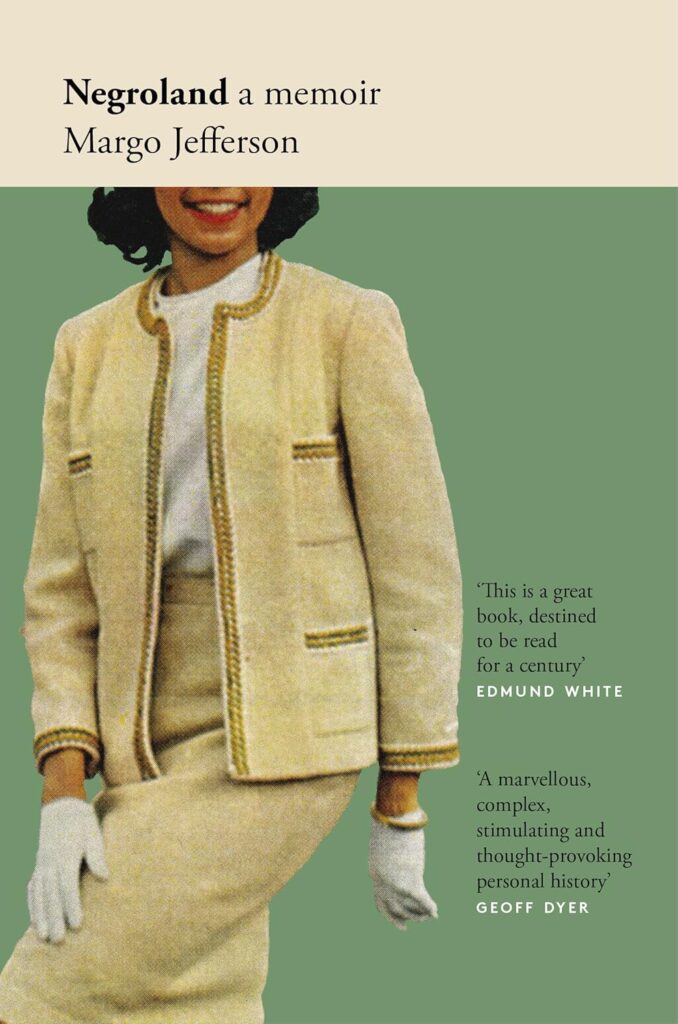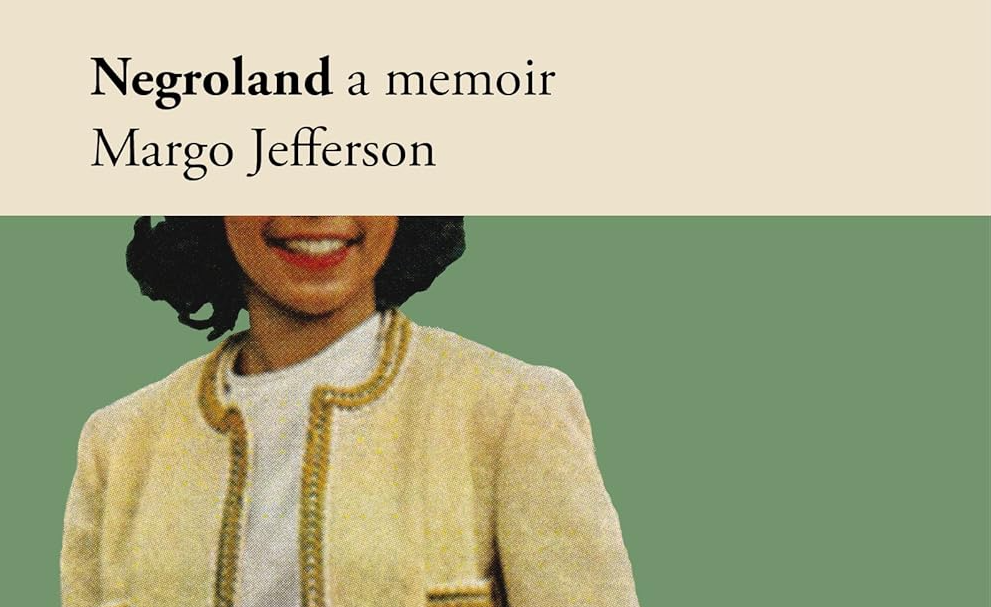

“White people wanted to be white just as much as we did. They worked just as hard at it. They failed just as often. They failed more often. But they could pass, so no one objected.”
I love reading about subcultures and sects. It fascinates me to learn when and how divisions between people are created and entrenched within larger societal contexts. So I was excited to read Negroland, which is one woman’s account of growing up among the wealthy, elite Black society that began to form almost immediately after the end of the Civil War.
Raised in Chicago in the 1950s & 60s, Margo Jefferson was the daughter of a pediatrician and a former-social-worker-turned-socialite mother. She grew up being groomed to perform whiteness while constantly being reminded that, no matter how respectable, educated, or wealthy her family was, they would always be ‘other’. At the same time, Jefferson recounts that it was difficult to relate to other Black folks who were not part of the “Negroland” elite – those who lacked either the capacity or the desire to perform whiteness – a position that Jefferson describes as a strange social limbo.
As much as I am fascinated by this topic, however, I found the writing disjointed and the narrative lacking depth. Part memoir, part historical retrospective, it attempts to cover a lot of ground and I think in so doing it cheats itself out of what could have been a powerful personal story.
If nothing else, Jefferson should be applauded for writing about a topic that we don’t hear about very often. The nuances and subcultures that exist amongst Black Americans are often glossed over (for good or ill) by media in pursuit of an easily-digestible racial narrative that doesn’t take into account the great diversity within Black communities.
Anyway, the book was pretty good. I didn’t hate it, but I wanted much more out of it. Jefferson’s prose is too buttoned-up and stiff, even when talking about highly emotional subjects like her own suicidal ideation and bald-faced racism she experienced. I do appreciate, however, her honesty and willingness to share these challenging parts of herself and her upbringing with the world.

